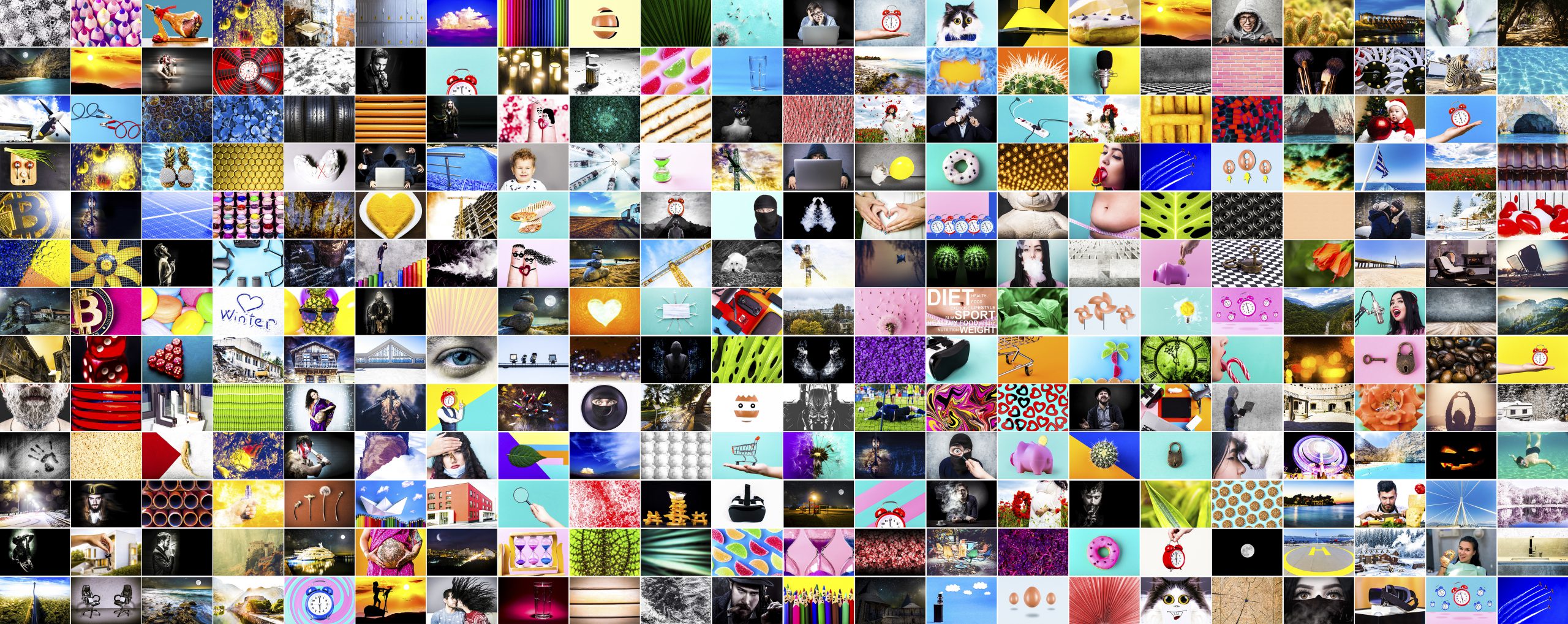What is surprising about this business to me is how high the take rate is.
Most marketplace business take between 1 and 20%:
- eBay: 12%
- Airbnb: 13%
- Stubhub: 25%
- Etsy: 3.5%
- Alibaba: Less than 1%
What is staggering about the stock photography marketplaces is that they take 50-75% of the sales price:
- Shutterstock keeps 70%
- Fotolia keeps 50%
Other amazing features:
- You don’t care at all about the quality of the photographer given that you are buying the picture that you see directly – no need to deal with rating systems, etc.
- The picture can be sold many times
- The product is purely digital so you are sure the buyer gets it without needing to follow payments, shipping, quality, etc.
- There are no copyright infringement issues like in music or film because the products are used by professionals in a very public way: web sites, ads, etc.
This may very well be the easiest marketplace to setup and operate!
What makes this marketplace unique is that you have a long tail of pro and semi-pro photographers who are willing to supply the content virtually for free. They have no pricing power and leverage over the marketplaces. While this is also true of suppliers on other marketplaces, because the marginal cost of the sale is $0 and there is no marginal work they need to do for an extra sale, they are essentially willing to accept any price. This is clearly not the case of suppliers on “traditional” marketplaces who are constrained by their gross margin structure.
Moreover, stock photography has a high number of repeat purchases while many other marketplaces which put buyers (in the broad sense of the word) in touch with sellers end up losing them on the marketplace: dating, job and real estate sites come to mind.
What I have been wondering recently: are there marketplaces out there (whether B2B like Shutterstock, B2C, C2C, etc.) that have a lot of those characteristics?
It’s time to put our thinking caps on!
